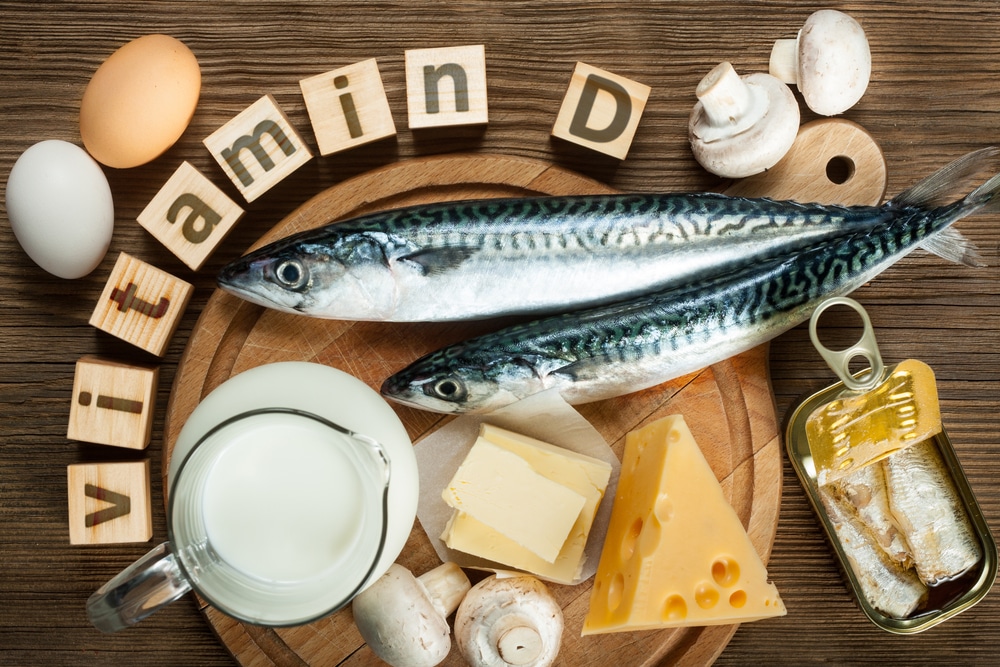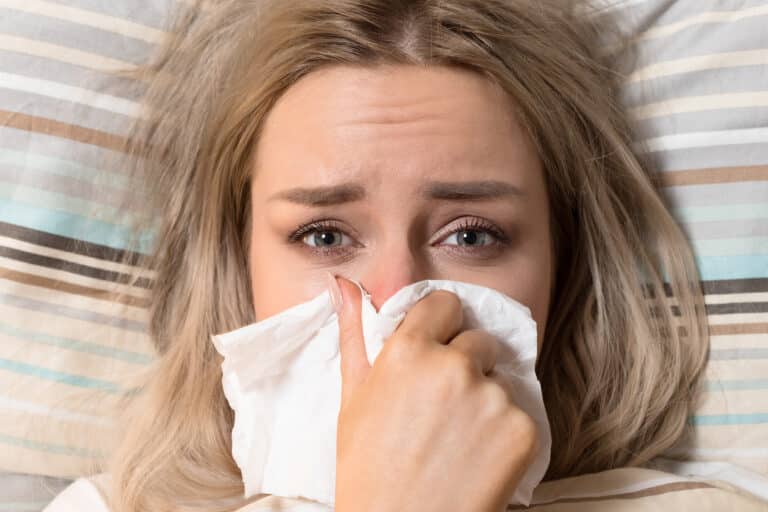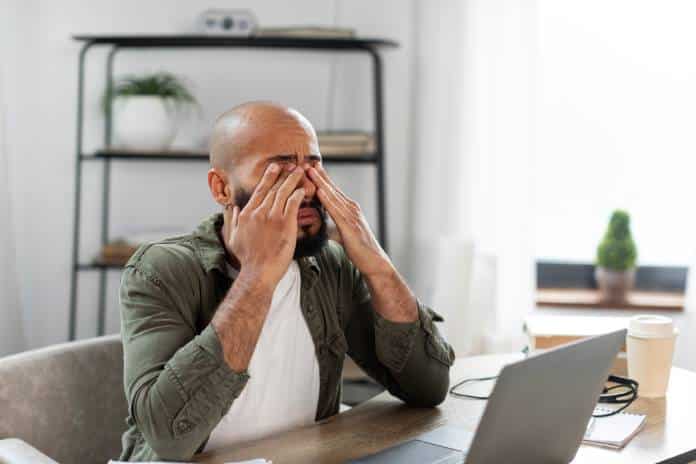What Are the Signs of Vitamin D Deficiency?

“More than three-fourths of all Americans are vitamin D-deficient.”
― John Cannell, MD, Athlete’s Edge: Faster, Quicker, Stronger with Vitamin D
Vitamin D is extremely important for the human body. It contributes to several bodily systems. However, according to an article in the Oxford Journal, one billion people around the globe face a deficiency of this vitamin. The signs of deficiency might be subtle, but the effects are significant. This blog presents ten signs that will help you identify vitamin D deficiency.
What Is Vitamin D?
Vitamin D is a secosteroid that facilitates the absorption of calcium, magnesium, and phosphate. It is fat-soluble and biologically inactive. The two major types of Vitamins D are Vitamin D2 and D3. It has a range of benefits, primarily the strengthening of your skeletal system. It plays a role in preventing and treating various medical conditions, including diabetes, hypertension, glucose intolerance, and others.
Why Is Vitamin D Important?
Vitamin D is an essential nutrient for you and your children. It prevents major diseases, including rickets, soft bones, cancer, depression, obesity, autism, blood pressure, chronic pain, neuromuscular diseases, strokes, and osteoporosis. According to the National Institute of Health, Vitamin D is also a factor that determines your life expectancy, immunity, and life cycle of human cells.
10 Signs of Vitamin D Deficiency
Higher Frequency of Infections
Are you getting infected by bacterial and viral infections a bit too often? This indicates that your body cells have lower Vitamin D levels. Vitamin D in your cells can fight against infections like the common cold, flu, and other respiratory diseases.
Exhaustion and Headaches
Are you feeling tired all the time? If yes, then the chances are that a deficiency of vitamin D is the reason behind your fatigue. Young women have reported a sudden drop in headache by intaking Vitamin D supplements.
Lower Back Pain
Are you suffering from bone pain? If yes, then the chances are that deficiency of Vitamin D has rendered your skeletal system to be too weak for mundane tasks. Your legs, ribs, and joints are the first to be affected.
Feeling Low
Are you feeling depressed? If yes, there is a high probability that low levels of Vitamin D are causing your mood swings. This symptom becomes more prominent in the colder regions and colder seasons.
The Slower Pace of Wound Healing
Are your surgical wounds or injuries taking too long to heal? If you nodded a yes, this shows that your healing mechanism is impaired. This impairment is usually caused by insufficient Vitamin D to form new skin.
Lower Bone Mineral Density
Is your bone metabolism low? This might signify that you have a low Vitamin D level and high vulnerability to bone fractures. If you are an elderly person or a woman in her menopause phase, you should be more concerned about this sign.
Hair Fall
Is your hair loss more than normal? Either you are stressed, or you have low Vitamin D count. Watch out for bodily hair loss as well as hair fall from your head: ladies, this a common sign, especially if you suffer from alopecia areata.
Muscular Pain
Do your muscles ache all day? There might be other causes, but low Vitamin D is a major factor. Vitamin D and pain-sensing nerve cells interact to form this causal relationship. Studies have proven that this causal relationship is strong.
Osteoporosis
Are you suffering from osteoporosis? One of the most likely causes of this disease is low Vitamin D and calcium level. All of this results in softer, brittles, and thinner bones. When aging, watch out for this sign.
Low Energy Levels
Are you not functioning productively? The chances are that lower Vitamin D level is stopping your muscles from working efficiently. Muscle fatigue and sour mood is the most common feature of deficient patients.
Is It the End of the World?
If you are noticing any of these signs in yourself or any of your loved ones, it is certainly not the end of the world. Just to be sure, consult your doctor and get your bone mineral density checked. In case you are deficient, here are some easiest of the things that you can do:
- Go out in the sunlight.
- Munch on Vitamin D rich foods like fish and dairy products
- Get hold of some trusted Vitamin D supplements.
If conditions and symptoms prevail, visit an orthopedic. We wish you good health and longevity!






